Reduce Your Living Expenses Now - Beat the Recession!
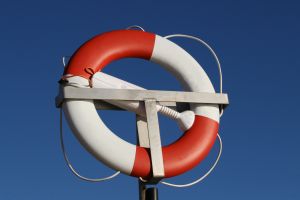
A Land of Plenty If You Can Find It
Even though America has been called the Land of Plenty, it is a good place to starve to death if one does not have enough information about how to survive. Repeatedly, pundits point out that many Americans are one paycheck from homelessness, because of high prices and even conspicuous consumption.
Read on for some background and practical suggestions, plus a lot of information from America's Cheapest Family!
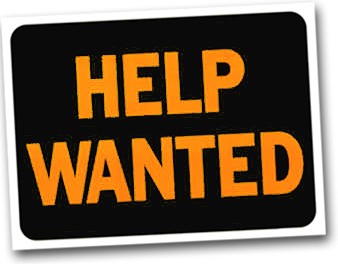
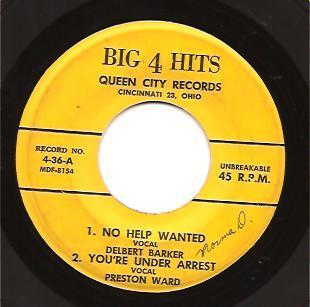
What's Your Plan?
Thousands of people over the age of 50 cannot find any employment whatsoever and have no idea how to start their own businesses – and have no resources with which to do so. Many of these have no families as well. By the provisions of the Job Training Partnership Act (JTPA) under the Bill Clinton Presidential Administration, many of these individuals were homeless until they were put through truck driver’s training school paid for by JTPA. They lived in their trucks until they had saved enough for an apartment and many of these purchased homes, because they had received good training from JTPA for healthy budgeting skills. This was a way to survive and to reduce expenses – down to practically nothing in the state of homelessness – until their situations bettered though hard work. It need not be so hard for the rest of us in the USA.
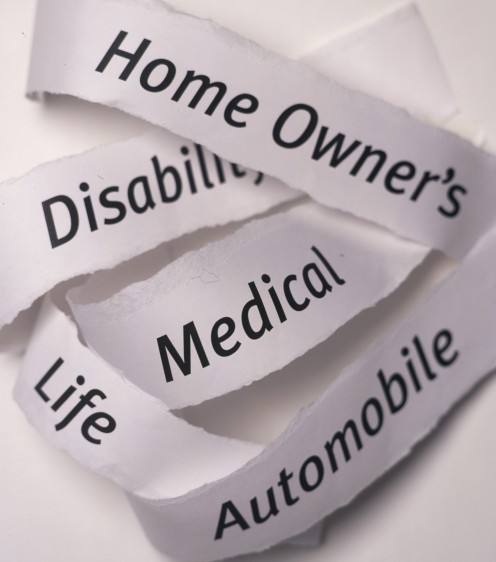
Insurance -- Planning Aside, You May Still Need Help
The youth of America must be taught that it is often impossible to continue working for someone else after the age of 50, because employers’ insurance costs nearly double for workers that age and older. This may change under insurance reforms of President Barack Obama from 2009 – 2012, but does not preclude the wisdom of good career and financial planning. This is beginning to be taught in middle and high schools, but parents must reinforce this training and youth must take it seriously. There is nothing more shocking to a young person that to lose a job because they did not know what was expected of them, only to find that family and friends will not help. Moreover, often the church will not help.
Easy Access Is a Must
Many people need a little help from occasionally and many do not know where to find it, except perhaps for panhandling or asking for a loan or financial gift from relatives or friends. Those without any family suffer even more, with nowhere to turn and sometimes become homeless. Even those with families become homeless from time to time.
The best information system I ever saw was in Dayton, Ohio in the late 1980s as I first explored the city. In the main library in Downtown Dayton, right inside the huge foyer doors, stood a large double announcement board that held the names, descriptions, hours, and contact information to every helping organization in the city and county, along with government offices and other organizations. In both the library and the bus station, a special poster was hung that provided information to help teens and children who were runaways and/or from abusive homes that needed to escape. In this city, one knew where to find help because it was made visible. In some other towns, this information is almost a secret. It may be published in the telephone books, but many people don’t know what to look up
Resources

Daily Life & Emergency
This is part of the planning that we all should do continually – know where to get help when we need it. We have almost a dozen free clinics in our city; filled with the best doctors in the county that volunteer a certain number of hours per week as part of a special city medical association. However, many people do not know of their existence. In addition to $4.00 prescription prices as Wal-Mart and grocery store pharmacies as well as some stand alone pharmacies, FREE medications (non-narcotic) are available through special programs offered by pharmaceutical companies and hospitals. This includes Insulin, and diabetic test strips and supplies.
We must seek out such resources and know where they are when we need help.
In more mundane daily life, some people buy the most expensive brands at the grocery store, the most expensive gasoline, the most expensive cars, and run up their credit cards to the maximum limits, even borrowing from one card to pay another. With today’s high interest rates, this is financial suicide. Unfortunately, I even know of a few older people that have applied for and accepted several new credit cards, are running them up to the limits, and freely admit that they expect to die, having made few payments and without any insurance or estate to pay those bills. Some other people don’t pay their mortgages or utilities, but pay a $200/month cable TV bill and eat in restaurants every night, wondering why they are about to lose their houses and why their electricity is turned off so often. Some thinking and planning would avoid this situation.
Real Life Costs
I knew absolutely nothing about budgeting until I became a restaurant manager and did monthly and yearly financial forecasts and produced a monthly Profit and Loss Statement [P&L]. Within the first three months of these activities, I learned the realities of income and expenses, as well as of emergency expenditures. Thankfully, I learned this earlier in life, rather than later.
For my own life I spend money only in this order:
- Rent & Utilities, including Phone
- Necessary Insurances – car, etc. – no term life policies, etc. that are unproductive and do not earn money.
- Food and household – reasonably priced and locally grown or made.
- A small amt. saved for car repair/future purchase – My car is paid, in good condition, and 90% of everything I need is within only 2 miles of me.
- Gasoline – very small.
I purchase good, long-lasting clothing about 2-3 times per year, on sale, soemtimes completely new but from thrift shops as well.
As a book reviewer, I receive free books to read, while a Half Price Books store is very close to me. No magazine subscriptions for me, except the free ones that are abundant and an occasional professional journal.
I keep my own life green and low-cost and I don't use credit cards -- I’m a bargain!
Here are some practical actions that you may take as well:
America's Cheapest Family
Practical Savings
If you really need to cut costs, reduce your Cable TV bill or remove the televisions from your house. You might go through withdrawal at first, but most shows are just not any good. If you want Cable, try to find a company that offers the few good stations you watch, without all the 100 HBOs there may be by now and the other frill channels. If you are paying the Cable bill, but not the rent or utilities, then Cable is a problem expenditure.
Stop eating out. Restaurants can be 10 times as expensive - or even more - as cooking yourself. If you eat out every day, cut it to once a week, and find a restaurant that has Cable TV so you can watch a favorite show there as well.
Reduce your telephone bill. If you have both a landline or Internet-based phone and a cell phone, get rid of one of them. Young children in a family also do not need cell phones to talk to their friends. For emergencies, there are pre-paid “kid” phones that connect only to a parent – kind of a glorified walkie-talkie.
Dollar Stores, Aldis grocery, other low-priced stores. - I don’t buy junk but do look for good prices, and I even purchase eggs at 99 cents/dozen at Walgreens pharmacy when eggs are $2.00/carton at the grocery. Even Target stores have good deals on some foods. I am fortunate to live within one block of 5 different types of stores where I can get good food inexpensively.
Angel Food Ministries – Get 1 one-weeks supply of food for 4 people for only $30.00. No restrictions or documentation needed, anyone can do this. They also have special boxes of food, like meats only, a selection of 10-readymade meals for seniors or busy workers, and other options. See http://www.angelfoodministries.com/
One way to cut utility bills is to EXERCISE REGULARLY so that your circulation is better and you feel warmer in colder weather. Then you don’t have to turn the furnace on when it’s 65 degrees outside. Funny that 65 outside feels good, but feels cold indoors to some folks. Same thing for your car – do you really need the heater on if you are driving only 3 blocks? Another thing to do is to live in an upstairs apartment or duplex if you rent, to where the heat rises, reducing the need for your own furnace to a degree. In a house, I always close off the rooms I don’t use regularly and close up those heating vents – saves a lot of money.
What else can you think of to do that is practical and cost saving?
See Lissie's Hub as well: How to Save Money in a Recession
and spryte's: The Evolution of the Piggy Bank
Dorsi's: Saving Money by Shopping at Dollar Stores
and Bob's: Pay Yourself First.








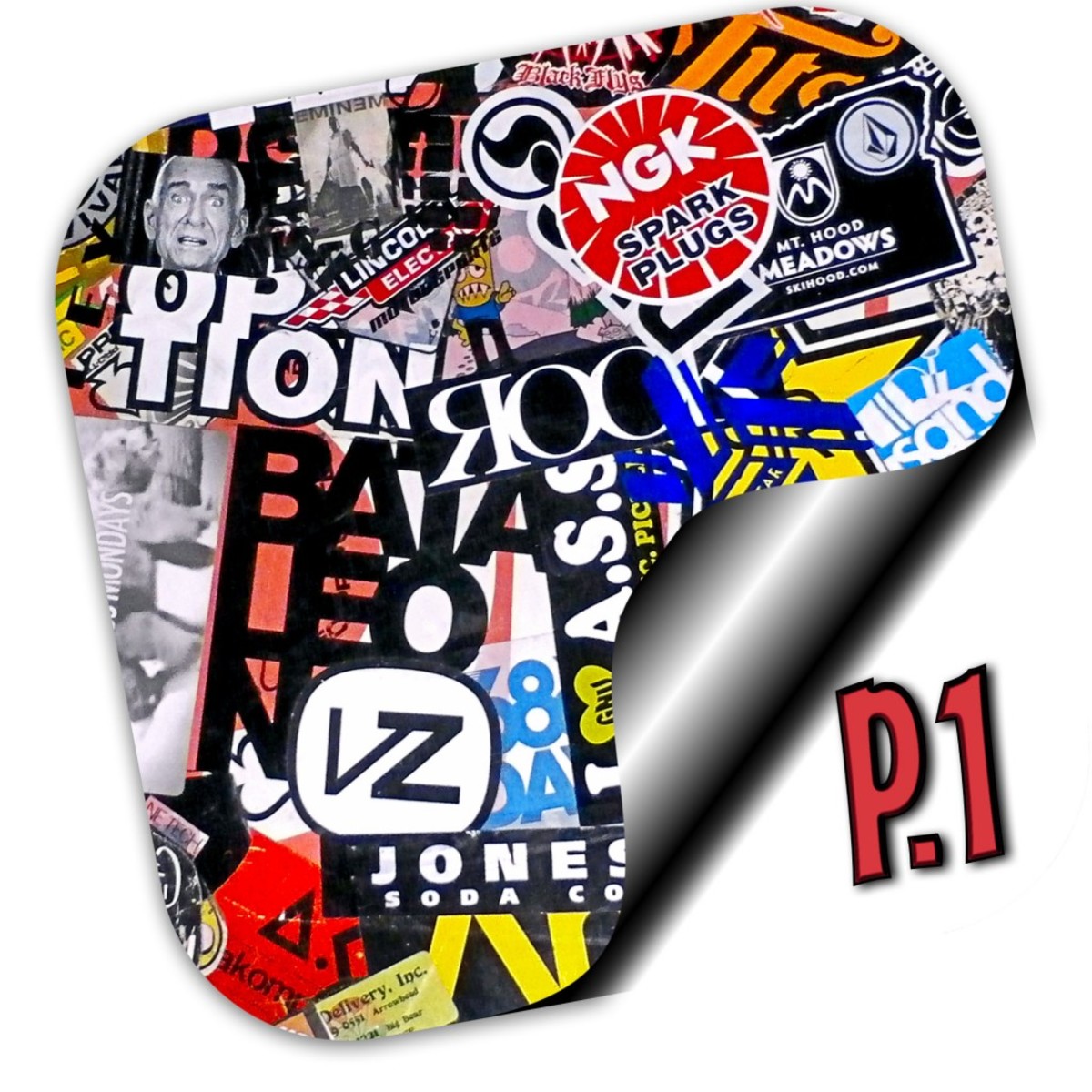
![These Companies Will Send You Free Stickers [#10] These Companies Will Send You Free Stickers [#10]](https://images.saymedia-content.com/.image/t_share/MTczOTg4MDU2Nzg3ODU0NjQz/stickers-for-free.png)
